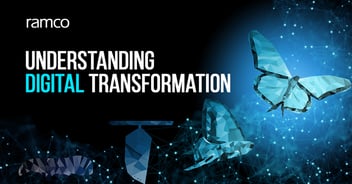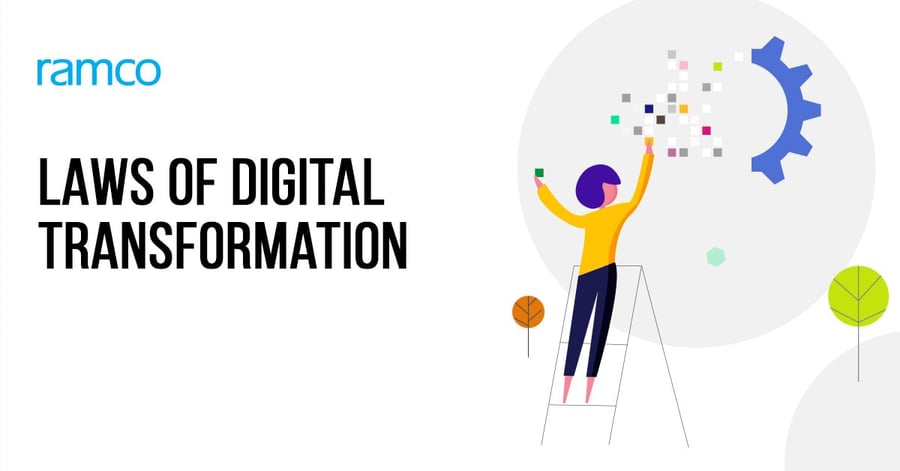
- Home
- Artificial Intelligence ERP
- No more lip service. Time for a true digital transformation
No more lip service. Time for a true digital transformation
Published :

This article was first published in The Business Times on May 21, 2020.
Despite much hype and chest-thumping in recent years the promise of true digital transformation —a mindset shift as much as it is a digitalisation of data, assets and processes – has eluded the majority of enterprises across Asia.
Corporate leaders have dazzled themselves with the prospect of a brave new world of automation, machine-learning and a gold mine of opportunities from artificial intelligence (Al) waiting to be discovered. But very few outside the tech world itself or larger multinational corporations (MNCs) have embarked on this transformation - until the sudden shock we have all faced in the COVID-19 crisis.
In a matter of months, not one but two problems have paralysed the world - the sudden collapse of oil prices and the pandemic. These global black-swan events have dealt a sharp blow to the way we live and work. They have laid bare the sad truth that the majority of corporations - particularly small and medium-sized enterprises (SMEs) - have been kicking the can down the road with regards to digital transformation.
Corporate decline or death was a distant prospect if the team worked hard and had an established customer base. The digital transformation was postponed time and again, with only patchwork additions for functions like video conferencing, cyber security and piecemeal mobile applications, while moving non-essential workloads to the cloud.
Boardroom tussles over budgets revolved around allocating resources for front-end customer experience to increase revenue and backend productivity solutions. The net effect was that the dialogue was reduced to who needed the budget more, rather than the big but overdue strategic shift.
True digital transformation, which must be both lasting and impactful – in processes, in harnessing new applications and in a deep cultural shift among all employees – was ignored, until the coinciding of these two life-changing events in early 2020.
Suddenly, we have a crippling reset of business models. On the demand side, we are faced with a pandemic that has strained every public healthcare system around the world, near-total suspension of air travel, lockdowns which have left cities deserted, and a supply chain dislocation which may take years to repair. On the supply side, the price war in oil markets has had a major impact on energy and financial markets.
For chief executive officers (CEOs), the boardroom debate has taken an unexpected turn. The demand side has virtually evaporated as many economies have slid into a recession, despite stimulus programmes unleashed by governments. The pie has shrunk significantly, and may not grow for several quarters at least.
Corporations that do not embark on immediate transformation will not be able to compete with those that do once the storm has passed. Old habits, old processes and dependence on old technology will leave many outdated, uncompetitive and on the verge of extinction.
True digital transformation will require delayering of decision making and work processes. Cash conversion cycles must compress, impacting receivable and payable days. Assets have to be digitised and enhanced so that depreciation is better managed. Capital expenditures must give way to operating expenditures more than before.
But where and how do we start? Eight laws will determine success or failure for digital transformation:
The brave new world requires CEOs to step forward and lead the transformation decisively. There is no longer the luxury of time or alternatives in a world after COVID-19.

All Rights Reserved. © Copyright 2024. Ramco Systems.